#VIEWPOINTS BY AJ CHRISTIAN
HOW INDIES ARE OPENING TV
Thankfully we have the Internet. As cable television undervalues us, we can use open access to distribution to show our own vision of television.
Creators of web series -- or as I like to call it, indie TV -- inspired my dissertation and first manuscript on how independent storytelling released on the web is an innovation in television production and distribution. As I recently wrote for the University of California—Santa Barbara’s Carsey-Wolf Center, Internet distribution fundamentally changes TV development. I’m currently revising the dissertation into a book, so you’ll have to wait to read the full case, but I’ve written a chapter in James Bennett and Niki Strange’s collection Media Independence you can download, exploring how and why indie web series address flaws in corporate TV series development.
Since 2009 I have tracked how black, Asian American, GLBT, and Latin@ producers created original comedies and dramas written to address the specificities of their experiences. Creators made shows across genres from sitcoms and vlogs to fantasies and thrillers. Series represented the diversity within communities as well, so I saw not only black romantic comedy and family series but romantic and family comedies about black lesbians, black gay men, black transgender individuals, black geeks and nerds, black athletes and hustlers. Asian American leads were not confined to nerdy model minorities but had diverse interests and politics. Series about Latinos recognized the cultural and linguistic differences within a constructed American identity. I noticed producers develop passionate fan bases from black women to nerd girls, Asian gamers to gay men, from Brooklyn to LA, people like: Issa Rae (Awkward Black Girl, Insecure), Felicia Day (The Guild, Geek & Sundry), Ilana Glazer and Abbi Jacobson (Broad City), Adam Goldman (The Outs, Whatever this is), Amy York Rubin (Little Horribles, Barnacle Studios) Numa Perrier, Jeanine Daniels and Dennis Dortch (Black & Sexy TV), Christin Mell, Jessica King and Julie Keck (tello films), and Freddie Wong (RocketJump). Many of these creators also started distribution platforms: Rae started Color Creativeand is developing pilots from writers of color, Day sold her YouTube network for Geek & Sundry to Legendary Pictures.
In my work I noticed indie TV series work best as launching pads for creative talent -- the series creators, writers and actors who craft stories for communities. These artists create space for under-represented TV fans to see themselves and sometimes parlay fan attention into recognition from the industry.
Diverse television is nourishing, promoting cultural wellness to under-served audiences. But indie audiences online are isolated from peers and kin. Platforms for black people often lack shows for black gays or queers. Platforms for gay men exclude lesbians. Platforms for women under-serve Latinas and Asian Americans.
We want to create a space for diverse artists and audiences to come together. We need a more open vision of what TV could be. How beautiful, strange and honest could TV be if it reflected the fluidity of life in America?

